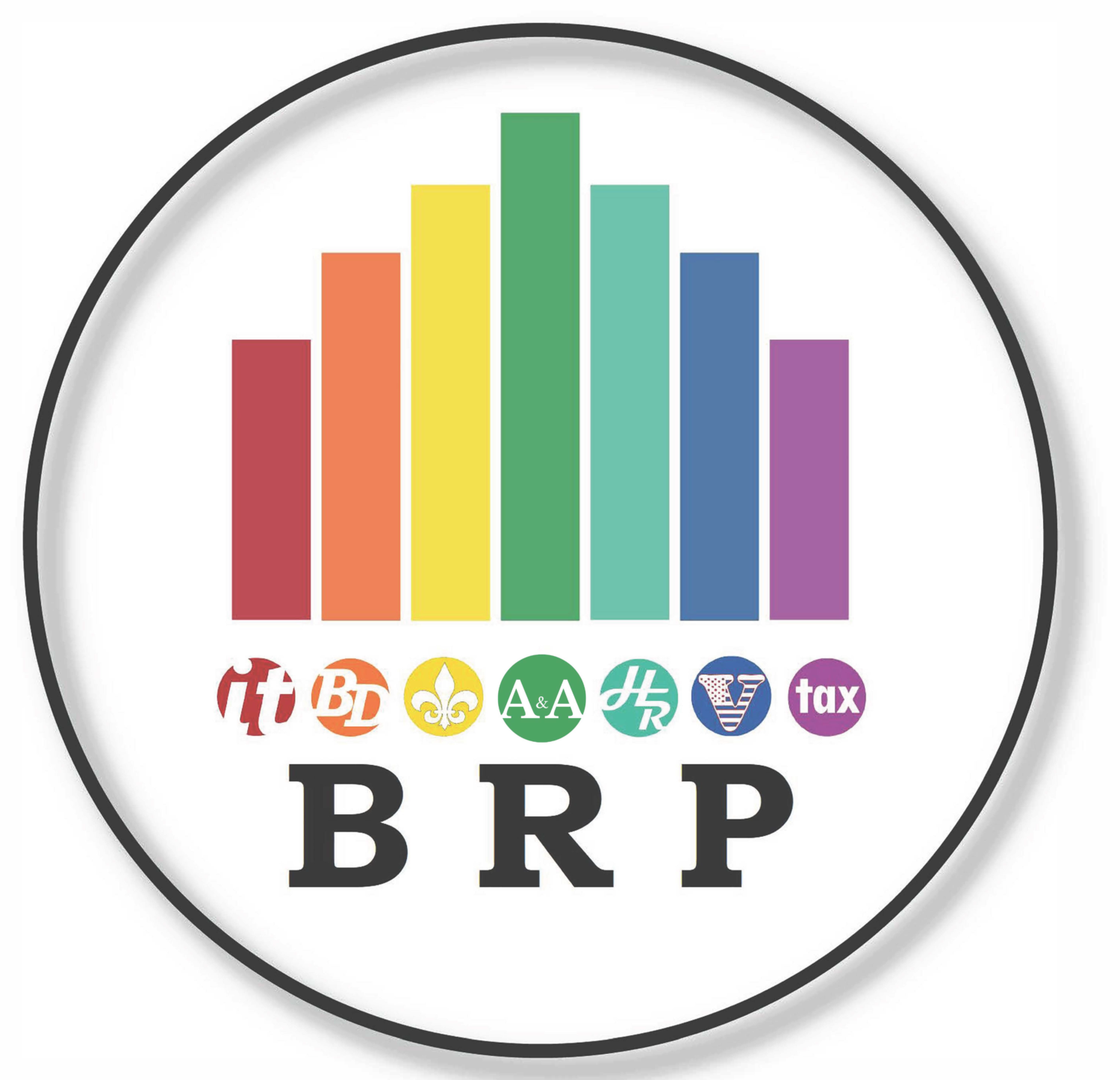As the year ends and tax season starts, the first scam warnings have arrived. This notice was sent regarding fake IRS tax bills related to the Affordable Care Act. Please read the below information (IRS Tax Tips 9/23/2016) or click this link to get redirected the IRS.gov website.
Issue Number: IRS Special Edition Tax Tip 2016
Inside This Issue
Beware of Fake IRS Tax Bill Notices
The Internal Revenue Service and its Security Summit partners are warning taxpayers and tax professionals of fake IRS tax bills related to the Affordable Care Act.
The IRS has received numerous reports of scammers sending a fraudulent version of a notice- labeled CP2000 – for tax year 2015. The issue has been reported to the Treasury Inspector General for Tax Administration for investigation.
This scam may arrive by email, as an attachment, or by mail. It has many signs of being a fake:
– The CP2000 notices appear to be issued from an Austin, Texas, address;
– The letter says the issue is related to the Affordable Care Act and requests information regarding 2014 coverage;
– The payment voucher lists the letter number as 105C;
– Requests checks made out to I.R.S. and sent to the “Austin Processing Center” at a post office box.
IRS impersonation scams take many forms: threatening phone calls, phishing emails and demanding letters. Learn more at Reporting Phishing and Online Scams. The IRS does not initiate unsolicited email contact or contact by social media.
An authentic CP2000 notice is used when income reported from third-party sources such as an employer does not match the income reported on the tax return. Unlike the fake, it provides extensive instructions to taxpayers about what to do if they agree or disagree that additional tax is owed. A real notice requests that checks be made out to “United States Treasury.”
The IRS and its Security Summit partners – the state tax agencies and the private-sector tax industry – are conducting a campaign to raise awareness among taxpayer and tax professionals about increasing their security and becoming familiar with various tax-related scams. Learn more at Taxes. Security. Together. or Protect Your Clients; Protect Yourself.
Share this tip on social media — #IRStaxtip: Beware of Fake #IRS #Tax Bill Notices. http://go.usa.gov/xKe69


